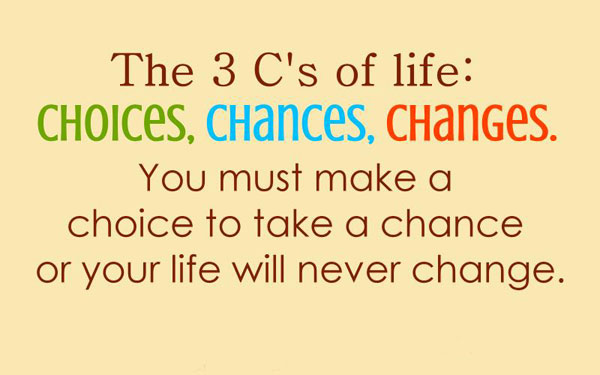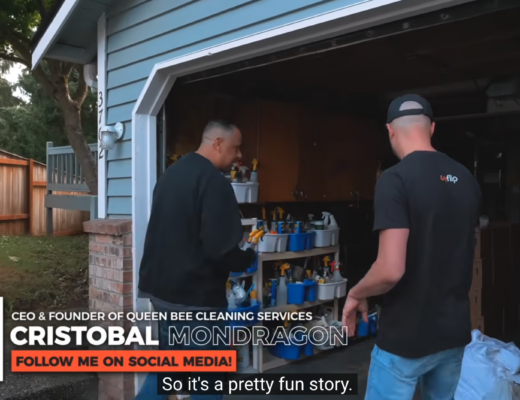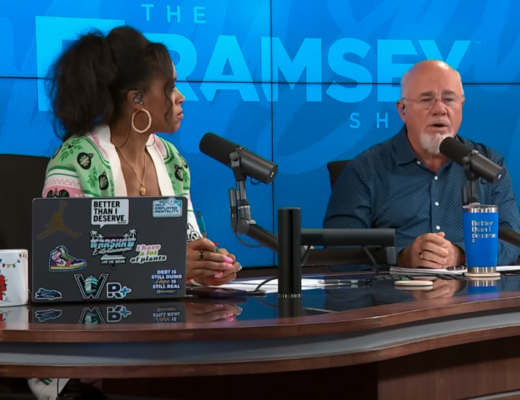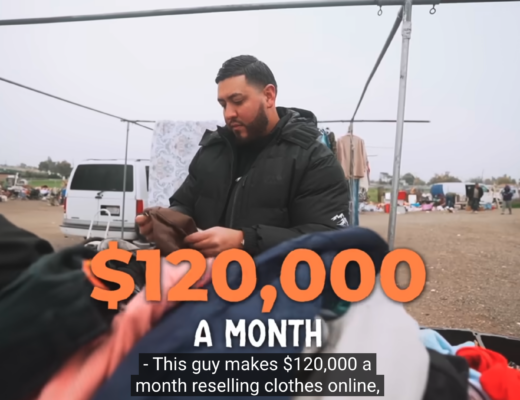“Alexa, and the other guests, and perhaps even Georgina, all understood the fleeing from war, from the kind of poverty that crushed human souls, but they would not understand the need to escape from the oppressive lethargy of choicelessness.”
[Excerpt, Americanah, Chimamanda Ngozi Adichie]
I often hear people say, “I feel stuck.” “I don’t know where to start.” “I have no other option.” “I have no choice.” This can apply to anything, from their reactions to being in a major dilemma to small fixes. The most common context I hear this phrase being used in is when people are doing work they dislike. They remain in the same place because they don’t know what else to do.
While people may think they have “no choice”, I don’t necessarily agree. We always have choices, and we exercise in the activity of choice making every day. The question is why is it we feel that we have limited choices when it comes to making life changing decisions. What is the fear that is keeping you from making a choice? Dig deep and think about it, whether it’s job-related, relationship-wise, financial, personal fitness, what is it?
A couple of weeks ago, I attended a business community seminar at Pillar College on Emotional Intelligence led by Dr. Kathy Cavallo in Somerset, NJ. Dr. Cavallo’s talk was insightful and to top it all off, I won a Kindle Fire as part of the event registration raffle. That same weekend, I was due for a road trip to Montreal, Canada, so the first book I downloaded was Americanah, by Nigerian novelist, Chimamanda Ngozi Adichie. I first heard of Adichie after a friend posted a link to a TEDx Talk that she gave in April 2013 entitled, “We Should all be Feminists.” I loved the book, it was a great read, and while there were many things that stood out to me, one of the more poignant parts of the book was the excerpt that I quoted above.
I had never thought of the absence of choices as oppressive until I read the book Americanah. In this particular passage, one of the main characters, Obinze had fled Nigeria illegally in hopes of finding a better life in London. He was not fleeing Nigeria due to war, but he was fleeing because he was hungry for the choice and certainty that London and possibly America could provide for the future that he desired.
He described his experience as an escape from the “oppressive lethargy of choicelessness.”
Oppressive has many different meanings overwhelming, crushing, overpowering, domineering and repressive; while lethargy can mean weariness, tiredness, stupor, exhaustion. To feel like you are absent of options or do not have a way out can be a debilitating feeling and can cause one to operate from a place of hopelessness. When you stop hoping, you start settling – settling for less than what you are capable of or desire.
When you stop hoping, you start settling – settling for less than what you are capable of or desire. You function out of a place of weariness and are mentally too overwhelmed to make any decision. You are afraid of the prospect of life remaining as is, and yet exhausted at the thought of having to expend the energy to make a change. This can occur in any area of our lives, whether it is to start a job search, to begin working on your own business, to make a career transition, or to leave a relationship, so instead of doing something – you do nothing. My word of advice to you today is, SNAP OUT OF IT – and I don’t say this to be harsh, but sometimes you have to just pull yourself out of the funk that you have created (whether it is one of your own doing or due to external factors).
Life is going to happen with or without you, so make a choice to begin making decisions on your terms. Make the decision TODAY to begin to take actions that will move you toward the fulfillment of your goals. Your goals are “anything you desire to experience, create, get, do or become.” So what do you desire to create, do or become and how do you move forward when you feel like you don’t have any choices.
I’d like to share 5 tips that I believe can help you get the ball rolling in making a choice, when you feel like you don’t have any?
1) Remember You Always Have a Choice
You always have a choice – the possible consequence of a choice is what scares most people out of making a decision, they get analysis paralysis. I pulled this definition from Wikipedia: Analysis paralysis or paralysis of analysis is an anti-pattern, the state of over-analyzing (or over-thinking) a situation so that a decision or action is never taken, in effect paralyzing the outcome.[i] So please change your thinking, you are not stuck, you have choices.
2) Identify Every Choice That You Have (good or bad)
Take time out and write out every possible choice, option, alternative whatever you want to call it, that you have at your disposal and determine the pros and cons of each choice. Don’t figure out the how you will deal with it yet, but write out every option and determine the upside and downside of each.
3) Shift Your Perspective
For step 3, I want you to determine a best case, worst case and most likely case scenario for each choice. You have to stop wasting your time on scenarios that may never happen. Sometimes we build up anxiety through irrational (unreasonable, groundless, unfounded) thinking and we paralyze ourselves from making a decision out of fear. There is a most likely scenario for any choice we make, however, as humans we tend to focus more on the worst-case scenario first and at other times we swing to the other end of the pendulum and are overly optimistic and think only best-case scenario. For this exercise, think of a worst, best and most likely case scenario for each choice that you have listed in step 2:
- Worst case scenario (irrational fear)
- Best case scenario (irrational optimism)
- Mostly likely scenario (realistic optimism)
You can write this out or talk out your scenarios with someone that you trust. Put all your cards out on the table (be honest). If you anticipate for example a worse-case scenario, ask yourself the question, how would I handle it if my choice led to this scenario, what option would I then have, what Plan B would I need?
If you determine a most-likely scenario, then how would you deal with the consequences of that choice? The purpose of this scenario exercise is to help you reduce your anxiety, by exposing thought areas that are irrational, once you identify them, deal with them and this will help you control your reaction.
4) Research. Research. Research.
Do your research. I never advise anyone to make a decision based on just your feelings, it’s not wise. If you want to make a career move for example or start you own business, research companies that are relevant, make connections with people that are in that particular industry, research the hiring landscape, determine what skill sets you may need to strengthen or gain in order to make your move.
I have worked in marketing my entire life and have mentored countless young professionals throughout my career, however, when I made the decision to pursue my coaching certification and launch my own business, Overcomer Consulting LLC, I had to research the landscape. I spoke to my then work supervisor at the time and she agreed to cover the cost of my program, I spoke to certified coaches, I researched coaching program and researched competitors and similar businesses in my area. Whatever choice you have to make, please, please, please do your research, don’t go in blindly, because you would be doing yourself a disservice.
5) Resolve to Make a Choice and Give Yourself a Timetable
Great news you have taken yourself through the process of self-discovery. You have exhausted all your choices, you’ve determined all possible scenarios, you’ve done your research and I hope based on these exercises have narrowed down your choices. Now it’s time to decide what the best option for you is? It may take a couple of weeks, and you don’t have to make a life-changing decision tomorrow, but you need to determine action steps.
Once you’ve determined this, give yourself a timetable to achieve each action step. For example, if you have made the choice to return to school, leave a job, leave a relationship or gain a certification within six-months, then what steps do you need to take in the next several weeks and months to move you towards that goal. Determine your timeline, have an accountability partner who can check in on your progress and move out of the lethargy of choicelesness.
Please feel free to share how you have dealt with a period in your career or life where you have felt the “oppressive lethargy of choicelessness.” I look forward to hearing your stories.
[i] http://en.wikipedia.org/wiki/Analysis_paralysis
As owner of Overcomer Consulting LLC, Anide Jean is a certified coach, consultant, marketing professional, speaker/trainer dedicated to helping individuals and organizations overcome challenges that keep them from achieving their life, professional or business goals. She is a champion for causes aimed towards education, urban youth, Haiti and empowering women and organizations through social, professional or spiritual development. She holds a BA in Communications & Journalism from Rutgers University, MBA in Marketing & Management from Fordham Graduate School of Business, a certification in Personal & Executive Coaching from the CAPP Institute and a certificate in Sports, Entertainment & Events Marketing from NYU’s School of Continuing & Professional Studies. If you need coaching or would like training for your organization in this area please reach to me at anidej@overcomerconsulting.com.
Image Credit: http://www.bestsayingsquotes.com/





